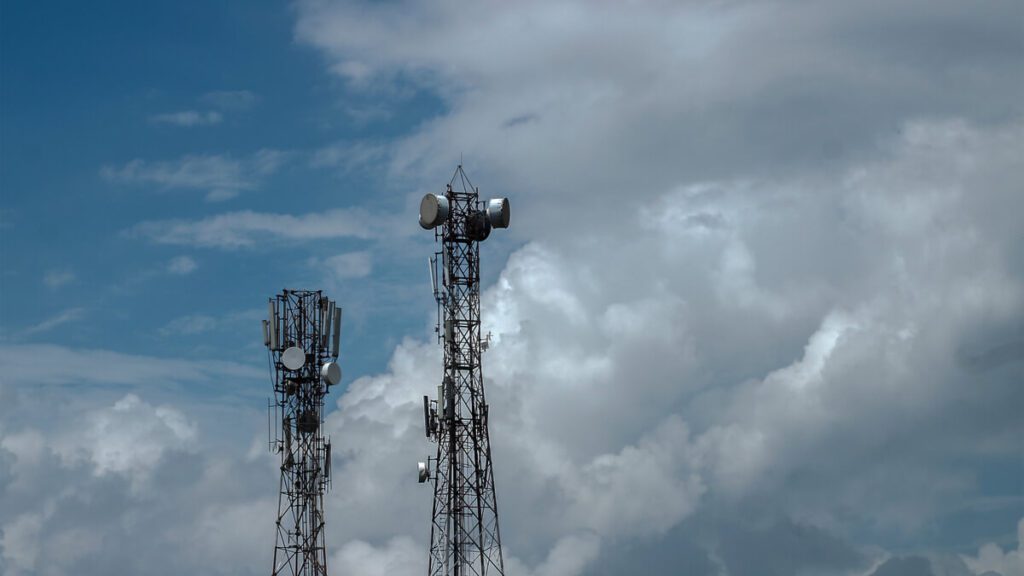India unprepared for 5G rollout given multiple factors

Although all efforts were focused on deploying fifth generation technology in India by mid-2021 and preparing for it following several trials, the parliamentary panel on information technology considers that the country is not well prepared for 5G rollout.
The parliamentary report blames the government for the weakness on that front mainly due to “sufficient preparatory work has not been undertaken for [sic] launching of 5G services in India.”
Those developments came shortly after Sunil Mittal-led Airtel’s demonstration of 5G services in Hyderabad on a commercial network using its liberalized 1800MHz spectrum through Non-Standalone (NSA) network technology.
Factors stopping 5G
While it is planned for 5G to be rolled out in metropolitan cities followed by other areas similar to the launch of 4G, the report identified a range of issues obscuring the rollout of the service such as spectrum issues, uncertainty around the sale of 5G spectrum bands, amongst others.
“The Committee finds that inadequate availability of spectrum, high spectrum prices, poor development of use cases, low status of fiberization, non-uniform RoW [right of way] issues, deficient backhaul capacity, etc. are some of the factors coming in the way of rolling out of 5G services in India,” the panel headed by MP Shashi Tharoor said.
As such, plans have been postponed for 5G rollout by having the government reiterate that the network trials will begin soon with a rollout expected towards the end of 2021 or early 2022, and even then, the deployment would be partial. The reasons behind such decisions are poor planning and execution.
In addition, one more matter that has been continuously annoying private telcos is the reserve price of spectrum for 5G which is Rs 492 crore per unit, as recommended by Trai.
Existing 4G core
The department of telecommunication (DOT) identified 100 use cases of the technology, at a recent 5G Hackathon. “Initially, 5G will be rolled out on the existing 4G acore. It will then be developed further,” the official said.
As for the security issues surrounding the technology, the hacking of 5G networks is a very clear national security risk because of the increased dependency of communication networks, according to the Telecom Equipment Manufacturers Association who stressed that the only solution is to build secure and trustworthy indigenous communication infrastructure.
Telecom expert Mahesh Uppal said that “there has been some movement and the government has been working on freeing up more spectrum for 5G.”
Thus, India might miss the bus on 5G opportunities if proper action is not taken, especially after 148 countries already have 5G networks launched.
